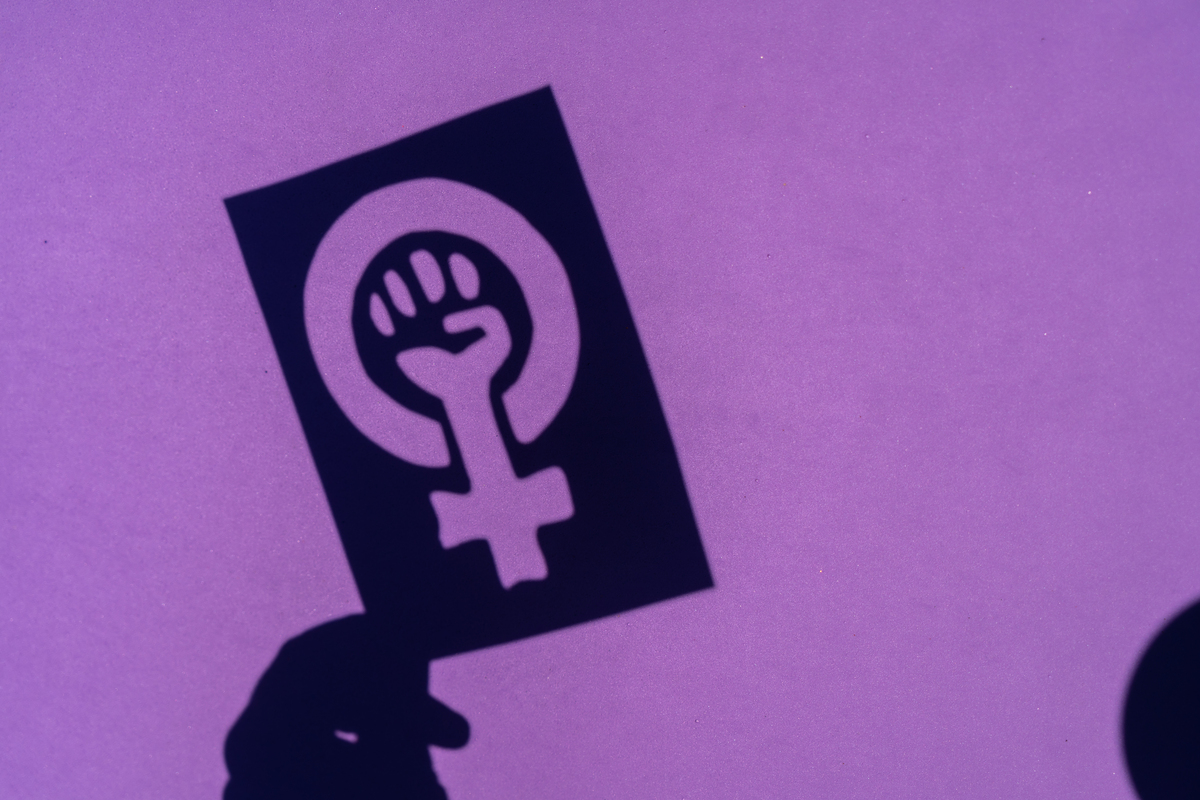The 25th of November: International Day for the Elimination of Violence against Women
By Abril Neiman
A bit of history
The history of this date goes back to 1960 in the Dominican Republic, when the Mirabal sisters – three political activists – were murdered by the dictatorial government of that time. Two decades later, in 1981, in Bogotá, Colombia, the Latin American feminist movement called women to a Day of Vindication to commemorate the femicides of the Mirabal sisters.
In 1993, the concept of violence against women was finally defined by the United Nations General Assembly in the Declaration on the Elimination of Violence against Women. According to article 1, the term “violence against women” means “any act of gender-based violence that results in, or is likely to result in, physical, sexual or psychological harm or suffering to women, including threats of such acts, coercion or arbitrary deprivation of liberty, whether occurring in public or in private life”.
This definition moves away from the idea of domestic violence and its confinement to the private sphere. Instead, it recognizes violence in public life.
Finally, in 1999, the General Assembly of the United Nations adopted Resolution 54/134, which officially proclaimed 25 November as the International Day for the Elimination of Violence against Women.
It is also worth mentioning that the 16 Days of Activism against Gender Violence campaign has existed since 1991 and has been supported by the UN since 2008. This campaign proposes activities to eradicate violence against women, starting on 25 November and ending on 10 December, Human Rights Day.
How Argentine legislation addresses this problem:
Argentina signed the Belem do Para Convention – the Inter-American Convention on the Prevention, Punishment and Eradication of Violence against Women – and incorporated it into our legislation through Law 24,632 of 1996. In addition, in 2009, Law 26,485 was passed on the Comprehensive Protection to Prevent, Punish and Eradicate Violence against Women in the Environment in which they Develop Their Interpersonal Relationships.
These legal instruments clearly recognize that violence against women has been and continues to be a problem that deserves immediate attention. Its existence restricts freedom and constantly influences our choices, whether in the private or public sphere.
Our Comprehensive Protection Law seeks not only to eradicate existing violence, but also to prevent its perpetuation. It defines the concept of violence against women and describes the different types in which this can occur, in an effort to prevent impunity for the perpetrators of this aberration.
Conclusion
Women deserve and have the right to live free from violence and discrimination. That is why this date is worthy of mention and recognition, as it aims to expose to the world the violence that is constantly perpetrated against us.
We call for a change. Policies must ensure its elimination today and forever.
For further information please contact aneiman@ojambf.com

